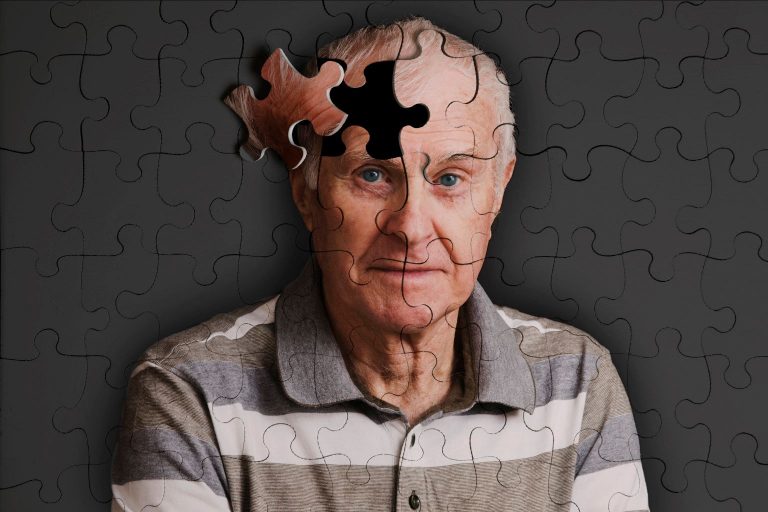
Blood-based neurodegenerative disorder diagnostics company DiamiR announced it recieved a $492,000 award from the Alzheimer’s Drug Discovery Foundation (ADDF) Diagnostics Accelerator to support a project entitled “Circulating brain-enriched microRNAs as peripheral biomarkers of neurodegeneration.” The capital will be used by the company for the further development of its targeted diagnostic technology for detection and prediction of Alzheimer’s disease (AD) progression.
“Dynamic blood-based biomarkers reflective of pathophysiological processes across AD continuum could help identify and characterize patients at earlier stages of the disease, including prior to clinical manifestation, and facilitate development of effective therapies,” said Principal Investigatorof the project Samuil Umansky, M.D., Ph.D., chief scientific officer of DiamiR, in a press release. “In this study we will specifically focus on evaluating associations between changes in the plasma levels of microRNAs enriched in the specific brain regions affected by the disease and other known AD markers.
The award from ADDF comes less than two months after DiamiR won $345,000 in supplemental funding under the ongoing Small Business Innovation Research (SBIR) Phase IIB grant from the National Institutes of Health (NIH) also aimed at advancing the company’s work in developing a miRNA-targeted diagnostic for AD. The supplemental funding followed an initial SBIR grant from 2017 totaling $2.8 million.
“We need simple and cost-effective diagnostic tools and biomarkers that are critical to finding ways to prevent and treat Alzheimer’s disease,” said Dr. Howard Fillit, founding executive director and chief science officer of the ADDF. “With research efforts, such as DiamiR’s epigenetics-based blood tests, we aim to accelerate the development of these tools so we can more easily and specifically screen and diagnose patients, stage disease progression, monitor response to treatment, and improve the rigor and efficiency of clinical trials.”
Added Kira Sheinerman, Ph.D., CEO of DiamiR: “We are delighted to partner with the ADDF Diagnostics Accelerator and are grateful for their support, which will help advance the development of our first diagnostic product, CogniMIR, for early detection and prediction of AD progression, towards clinic.”
In addition to its work developing an AD diagnostic, DiamiR also has active progrms and research efforts to identify miRNA biomarkers in Rett Syndrome, Parkinson’s disease, and the mechanisms of aging. Due to the complexity of identifying risk factors for these conditions DiamiR may be one of a number of different analytical and diagnostic techniques ultimately used for accurate diagnosis.
“We expect that, ultimately, a combination of biomarkers, including genetic, epigenetic and proteomic markers, will be used by clinicians to tackle heterogeneity of neurodegenerative diseases and to provide the most accurate diagnosis.” Umansky concluded.











